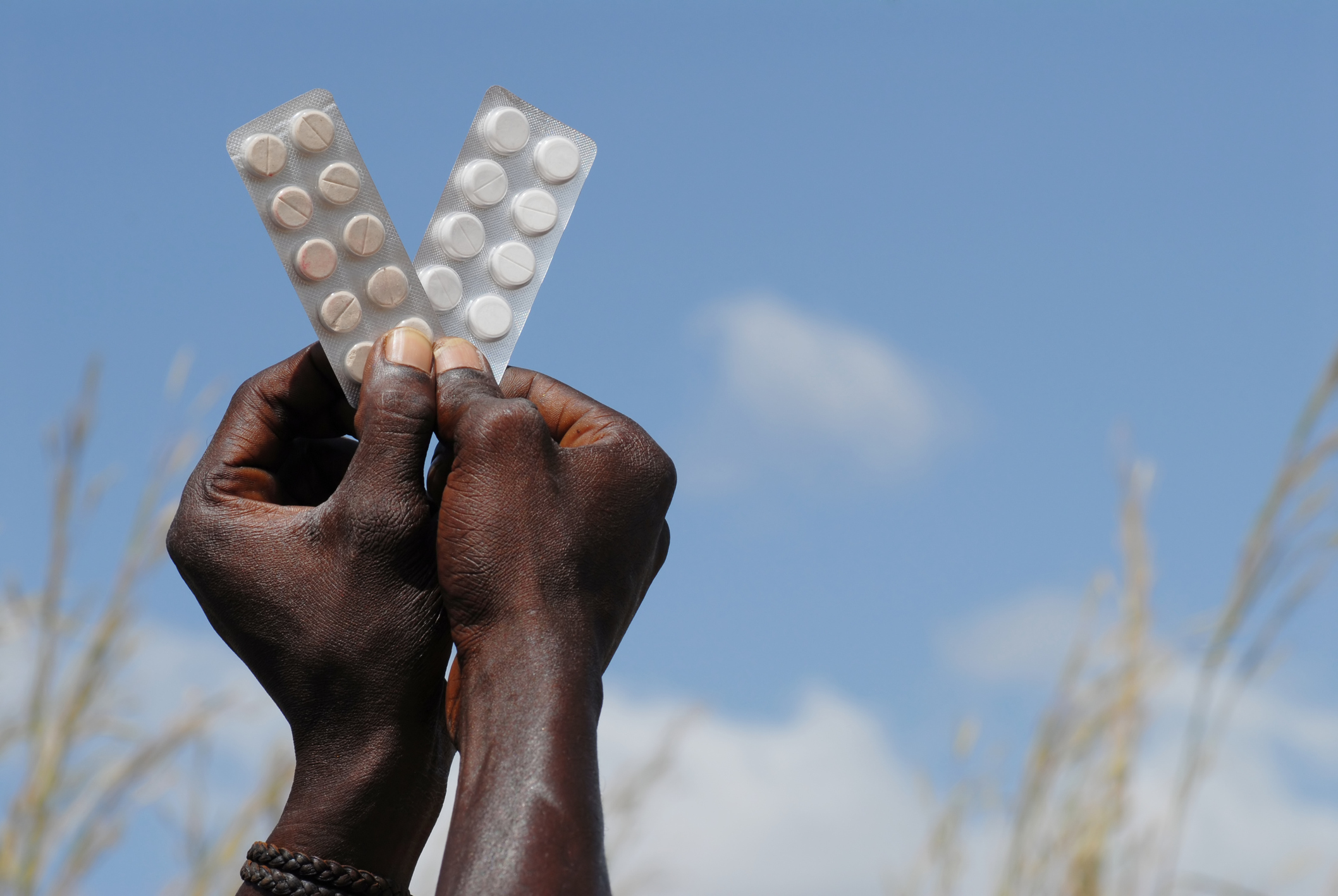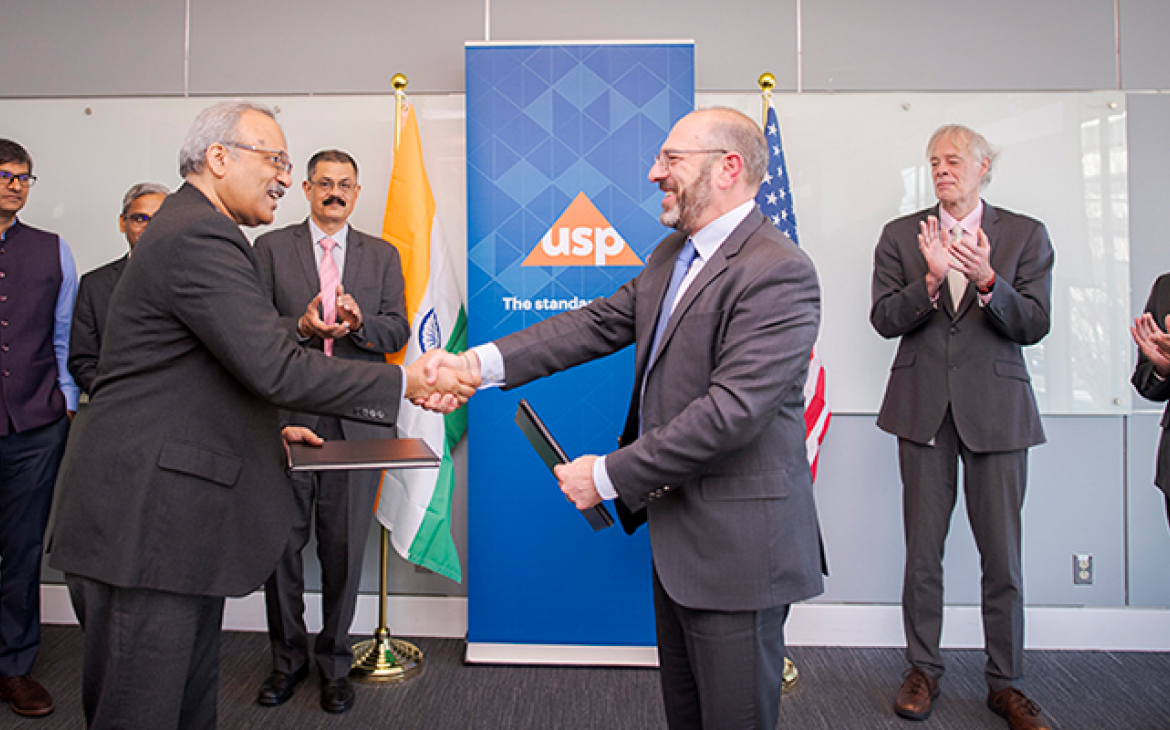
Protecting Medicines Quality in Africa
Working to ensure that people across Africa have access to state-of-the-art medical products and technology, stakeholders gathered in Accra, Ghana, in November at the 3rd Biennial Scientific Conference on Medical Products Regulation in Africa to discuss efforts to harmonize regulatory standards and explore how this important work can maintain its momentum. Countries throughout Africa are working to harmonize standards to make processes more efficient and help bring needed pharmaceuticals to market while protecting medicines quality.

Abdul-Karim Smine, Regional Director – Africa, shared PQM’s new risk-based approach to post-marketing surveillance.
The event brought together regulators, pharmaceutical manufacturers, pharmaceutical associations, technical partners, academia, the World Health Organization, and donors. USP was pleased to participate, with two presentations about our work with partners to foster harmonization efforts that will benefit people in Africa.
Kwasi Poku Boateng, Country Manager of USP-Ghana, shared updates about the Network of Official Medicines Control Laboratories (NOMCoL) in Africa, which is strengthening regulatory capacity in Africa. NOMCoL-Africa was established in 2009 by the Promoting the Quality of Medicines program, funded by USAID and implemented by USP, to facilitate south-south collaboration and share best practices across regions. Today, NOMCoL-Africa is transitioning to the African Medicines Quality Forum (AMQF) and expanding its focus to align with the African Union’s New Partnership for Africa’s Development – African Medicines Regulatory Harmonization’s (NEPAD-AMRH) programs for harmonization and medical product regulations initiative. This move marks a major milestone as this program transitions to African leadership.
AMQF’s focus will include:
- Advocacy and communication
- Laboratory proficiency testing
- Capacity building
- Regional post-market surveillance
- Bio-analytical testing for bioequivalence studies for generic medicines
- Certification planning for quality control analysts and laboratories
Abdelkrim Smine, Regional Director of Global Public Health - Africa, and Farouk Adams Umaru, PQM Principal Technical Manager, presented PQM’s new risk-based approach to post-marketing surveillance, which helps regulators develop efficient, risk-based sampling and testing protocols. PQM, funded by USAID and implemented by USP, works with regulators to tailor the strategy to reflect local needs and conditions. PQM developed this approach based on more than eight years of experience working with regulators to monitor medicines quality in more than 30 countries across Asia, Africa and Latin America.
These programs are part of USP’s work with partners to increase the supply of quality-assured medicines worldwide. Learn more.


